John, Lead Trainer at Fixer: “Every job increases our abilities and helps us create a better experience for the customer.”
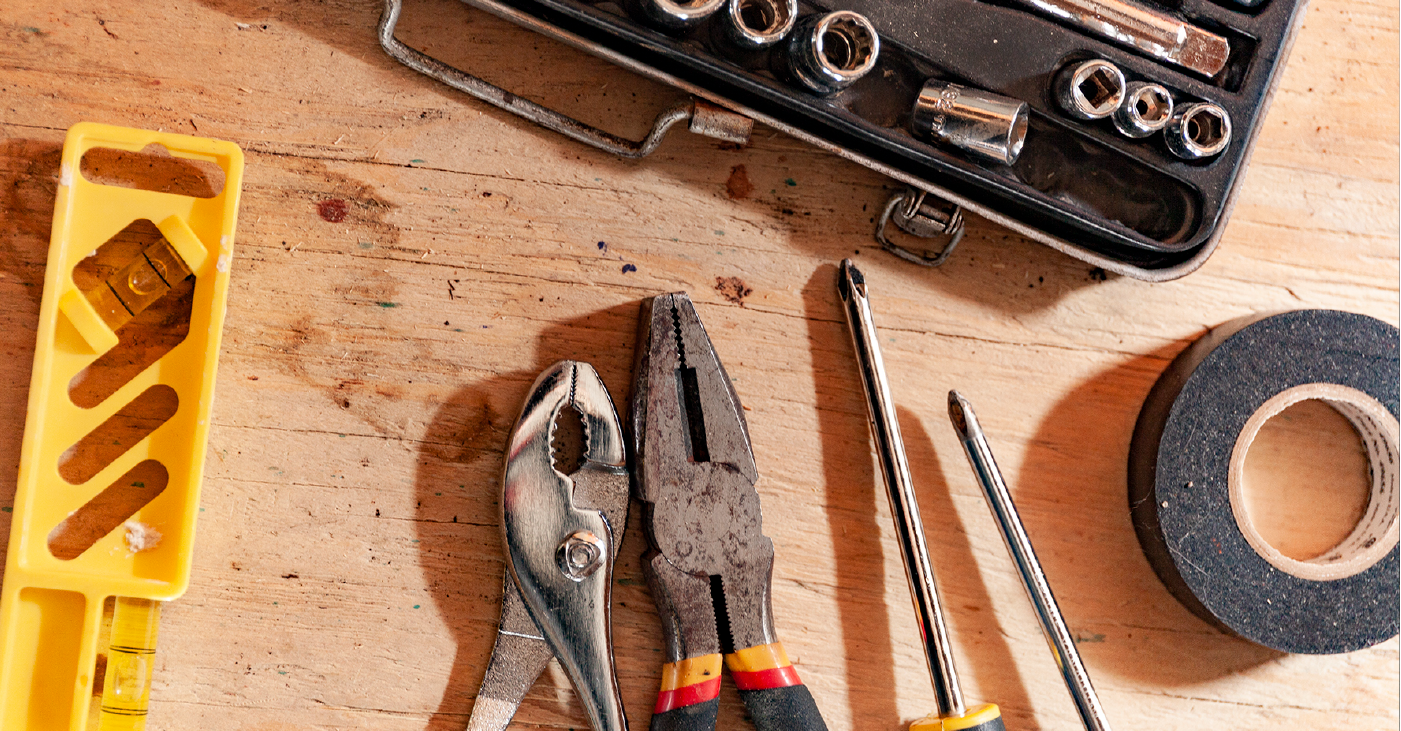
John is the Lead Trainer for Fixer’s in-house training center and has been with us almost since day one. In this spotlight, he discusses the continuous training programs that all Fixers go through to certify their skills. He also discusses what has surprised him so far, and why the focus on customer experience sets Fixers apart.
Tell us about your job as Lead Trainer for the Fixer training center.
As the Lead Trainer, I have varied responsibilities. On any given day, I will run a training class for the current cohort of trainees, then work on upcoming training modules or continuous learning presentations to the Fixers as part of their ongoing education. Meanwhile, I’m always available to help answer questions for Fixers working in customers’ homes. I also maintain the training labs and tool inventory both for the labs and our Fixers in the field.
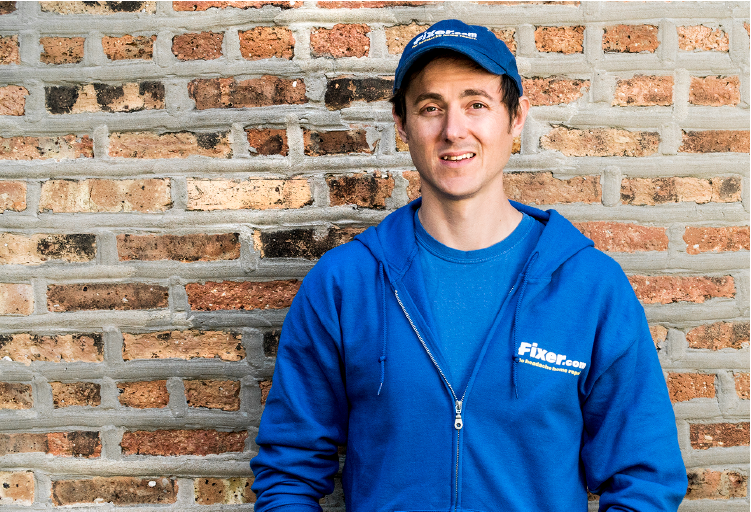
You took the lead in building our training program – pretty awesome – how did that happen?
Getting the training center started was fun. I have previous experience in creating training materials and designing custom shelving and furniture, so this was my opportunity to combine all of those skills.
In addition to classroom learning, we also have fully functional labs so our Fixers can practice the skills with their hands. Each of the labs is a mini-functioning version of a customer’s home: all of the plumbing labs have running water, and the electrical labs have a variety of switches, outlets, and fixtures all connected to breakers. I enjoy designing the labs and then working with the Fixers to build them. We are always adding new skills.
How does the Fixer training program work for new recruits and for experienced Fixers?
Currently, trainees go through a three month period of basic training, followed by additional periods of labs and work in the home (shadowed by our senior Fixers), and then add more skills as they go.
First up, trainees spend four weeks in class at the training center. Four days are devoted to classes, and one day a week, they go with Fixers on jobs and shadow them. In classes, the day is broken down into presentations followed by practical lab time. During the labs, which are created from a list of our most commonly performed tasks, the trainees can physically practice the skills they have just learned about. We approach problems from different angles, and that actually helps them later on in a real-time scenario with a customer. For example, if it’s an electrical issue, we learn to troubleshoot, whereas if it’s drywall, that’s more of a skill you can learn by repetition.
After those four weeks, trainees have assessments. Once they’re cleared, they continue to shadow Fixers in customer homes; here, they’ll go through processes step-by-step and tell the Fixer what they should do. It’s helpful for the trainees to work with Fixers to gain hands-on experience – our lab settings are very controlled, but what if you come across a light fixture you’ve never seen before in a customer’s home? So there’s an opportunity for learning and to ask, “How can we problem-solve this?” We continuously build on our knowledge.
Trainees who earn a high review from the Fixers they are shadowing move on to the last part of the training. In this phase, the trainee will take the lead, while being observed by a Fixer. The Fixer is there to maintain the quality of work and assess the trainee’s skills. Once the trainee has met all the criteria, they are hired as a novice level Fixer, meaning they can work on many tasks without supervision.
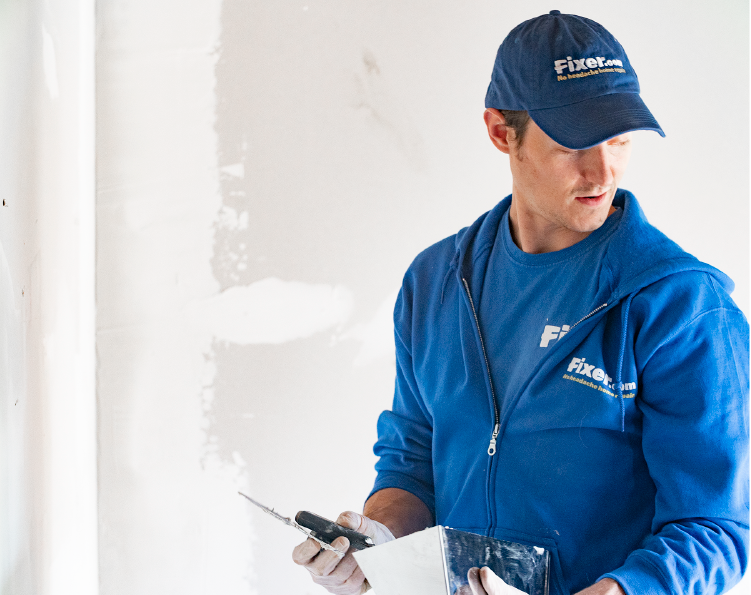
What about continuous training for the more experienced Fixers?
Each month, we have ongoing skills brush-ups and training in different areas. This is an opportunity for our experienced Fixers to refresh their skills, collaborate around best practices, and hopefully gain new insight on areas they have worked in for years. This could be something like installing a new smart home device, or pressure washing, deck staining, or even door installations, so all of our Fixers are up to date. Last week, we reviewed interior painting and how to do it properly – including sharing tips and tricks. You review these skills to ensure service consistency across our entire Fixer team.
What do you wish prospective customers knew about this program?
Fixer is, above all, a learning environment. Every job increases our abilities and helps us create a better experience for the customer. We are all invested in learning together – the senior Fixers help the trainees, and we all learn from one another. It never stops.
Safety is very important to us here. We have safety values at the beginning of every presentation:
-
Nothing we do is worth risking injury
-
All accidents can be prevented
-
Safety is everyone’s responsibility
We tell all of our trainees and Fixers that you want to leave work in the same condition that you came – we believe in “finish”. In fact, it’s another one of our values. And, as I mentioned before, we really make sure, company-wide, that safety is a priority. (If a job isn’t safe, we probably won’t take it in the first place.)
What do you like most about being here and what are you looking forward to?
I enjoy working with the Fixers to grow as a team and hone our skills. As I create new training material, I have been incorporating all the Fixers in its development, curating the group’s knowledge into well-rounded and detailed classes.
It’s also super gratifying to see the trainees go from day one, through the training to graduation and into the workforce as full-time employees with benefits and equity – getting great 5 Star reviews from our customers right alongside our longer-tenured Fixers. We are making a difference in creating an awesome career path and helping people get their homes repaired!
I am looking forward to expanding the training center and having additional trainers – we are moving into an expanded location soon, with fancier new labs and classroom space that will be open to the community as well as our team here. I can’t wait!
What’s been the most surprising so far?
I was not expecting the training to be emotionally charged. Trainees want to do their best, and when they don’t get something on the first try, they need to know that they must keep going. If you give up in training, you will not be successful in a customer’s home. Navigating this emotional minefield is an unexpected adventure that pays off when you see the Trainees’ eyes light up as they succeed. Learning how to problem-solve is a great skill that goes beyond just fixing.
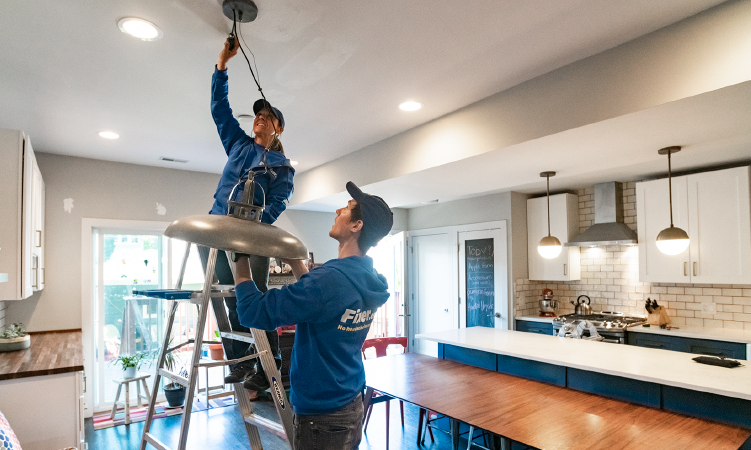
What sets Fixer apart from other handyman services?
Some of the approaches we take to training are different. You know, a handyman may fix your plumbing problem, but they’ll leave a hole in your wall – so they fixed your problem, but created another one. We want to make it a better customer service experience and overall better customer experience – we want to finish things. We instill that mindset of, “Is the job done?” Have we left the customer’s home a better place?
A large part of it is also the people who work here: we’re really looking for the right attitude and approach to individual customer needs. Personality is important because you’re interacting with customers. Our ultimate goal is to give a 5-star experience for the customer every single time. It’s a great feeling to see the 5-star reviews that come in on our trainees and Fixers daily. We take that feedback to heart.
